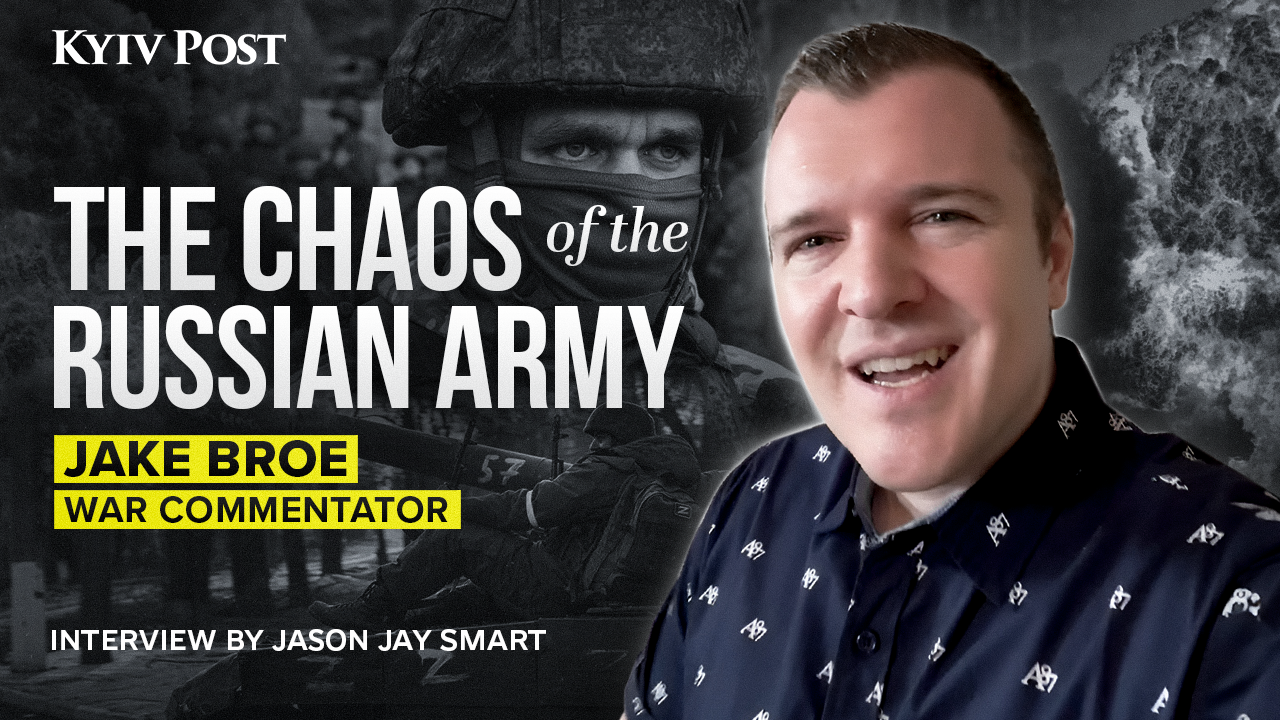I’ve been writing a lot about the fighting on the front lines over the last few weeks—and this week I feel I can start with another story. The line barely moved this week, and around Kharkiv and Chasiv Yar the front seems basically stable. Indeed, it’s so stable that the newspapers seem to have stopped reporting on it (in a rather pointed contrast to the way they reported the start of the Kharkiv counteroffensive).
Because of that, I think I can move to a potentially very important decision—the open stationing of European troops in Ukraine. This is a very important strategic threshold that is being crossed—and should be followed in the future with more and more European support for Ukraine. Yes, it’s late—but it’s important.
How the times are a changing
French President Macron has had quite a week. He has promised to hand over and train Ukrainian pilots to fly French Mirage jets and come out strongly for a fast accession announcement for Ukraine to join the EU. However, arguably both of these are less important that his statement on Friday that not only France, but a number of European countries, would soon be sending their troops into Ukraine itself to train Ukrainian soldiers.
Here is an exact quote from one of the stories on the subject.
Macron on Friday called Ukraine’s request for in-country training “legitimate” and said several partners have “already given their agreement.”

Russia Hurls Intercontinental Missile at Ukraine: A Shocking Escalation
“We are going to use the coming days to finalize a coalition, as broad as possible,” he said.
Assuming he’s telling the truth, and the plans are being “finalized,” this will represent a different kind of commitment by European states for Ukraine (and it will be fascinating to see which European states take part). There have been, reportedly, a number of European military personnel in Ukraine basically since the start of the full-scale invasion, but they have been there without public acknowledgement. Sending European troops openly to Ukraine, while the war is raging, is something different entirely.
Because even if those troops are simply training—they will be in a war zone which Russia is attacking, working with Ukrainian troops, and that will make those European forces targets of war. As such, it’s a sign by Macron and those European states that join the effort, that they want it on record that they are defying the Russian military in their desire to help Ukraine.
It’s a sign by Macron and those European states that join the effort, that they want it on record that they are defying the Russian military in their desire to help Ukraine.
The speed of the change over the last few months is worth commenting on. On Feb 2, I first wrote about the possibility of European troops going into Ukraine—though I thought at the time that Poland was most likely to lead the effort.
By the end of February, it was clear that Macron was taking the lead in this endeavor, and I tried to explain in a weekend update entitled: European Troops in Ukraine--Don’t Rule it Out, why this was becoming more and more likely. By early April Foreign Affairs had published a piece co-written by Jahara Matisek, Alex Crowther, and myself, in which we made a strong and public case for European forces to be deployed into Ukraine, with training Ukrainians being the one of their first tasks.
It was fascinating to see how quickly the argument was changing, from people snorting in derision or quivering in fear at even the prospect of European troops going into Ukraine, to now widespread acceptance that it was a possibility. It was always going to head that way—and the US refusing to support aid for Ukraine during the first 4 months of 2024 only sped up the process. Indeed, the possible election of Donald Trump is probably forcing the pace as well.
The choice facing Europe
Europe is left facing two very different choices—and it can either help Ukraine now or face a much worse future. As I wrote in the February piece,
In essence you would choose between two futures. One would be one of long-term instability and crisis which gives Russia a great chance to rearm. The other being the defeat of Russia and long-term security. Any state not thinking very hard about such a choice is living in a dreamland.
The fact then that we have reached this state is therefore natural. European states for their own future must help Ukraine, and with the US becoming unreliable, more and more they will have no alternative.
And training will be only the beginning. Once you have European forces in Ukraine, it opens up the door for future mission expansion. The next step, as we outlined in the Foreign Affairs piece could be to take over air-defense responsibilities in western Ukraine. This would be very helpful for Ukraine which needs as much air-defense as possible (see below).
European states for their own future must help Ukraine, and with the US becoming unreliable, more and more they will have no alternative.
It also puts Russia in a bind. If the Russians don’t attack European forces, they will establish that they are too afraid to do anything once outside help like this has arrived. If they do attack such forces, the make a more resolute European response possible. They threaten to turn the war into an actual Europe versus Russia conflict.
This was not all. We have the two other announcements that Macron made this week—showing a growing commitment to Ukraine’s future. After meeting with President Zelensky on Friday, Macron said he wanted Ukraine’s accession talks with the EU to start by the end of June. Again, this is no small matter. The EU has a security component to its structure, and signaling that Ukraine will be a member, is signaling that Europe will be committing to Ukrainian security.
And then there was the pledge to provide Mirage 2000-5 fighter jets to Ukraine, and to provide training for Ukrainian pilots. These are some of the most advanced aircraft France possesses.
The EU has a security component to its structure, and signaling that Ukraine will be a member, is signaling that Europe will be committing to Ukrainian security.
All in all—the European commitment to Ukraine is strengthening. In particular if France and others send serving military forces openly into Ukraine, it is a step-change up in commitment. For that reason, it’s the big story of the week.
Reprinted in an abridged form from the author’s blog. See the original here.
The views expressed are the author’s and not necessarily of Kyiv Post.
You can also highlight the text and press Ctrl + Enter









